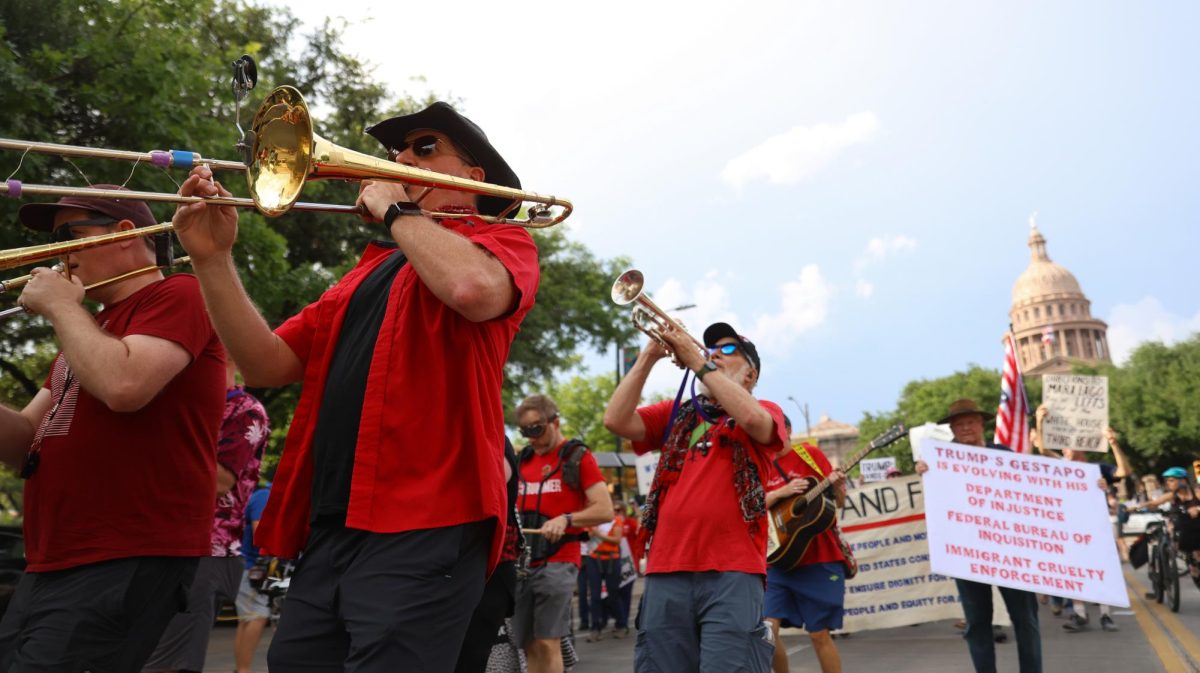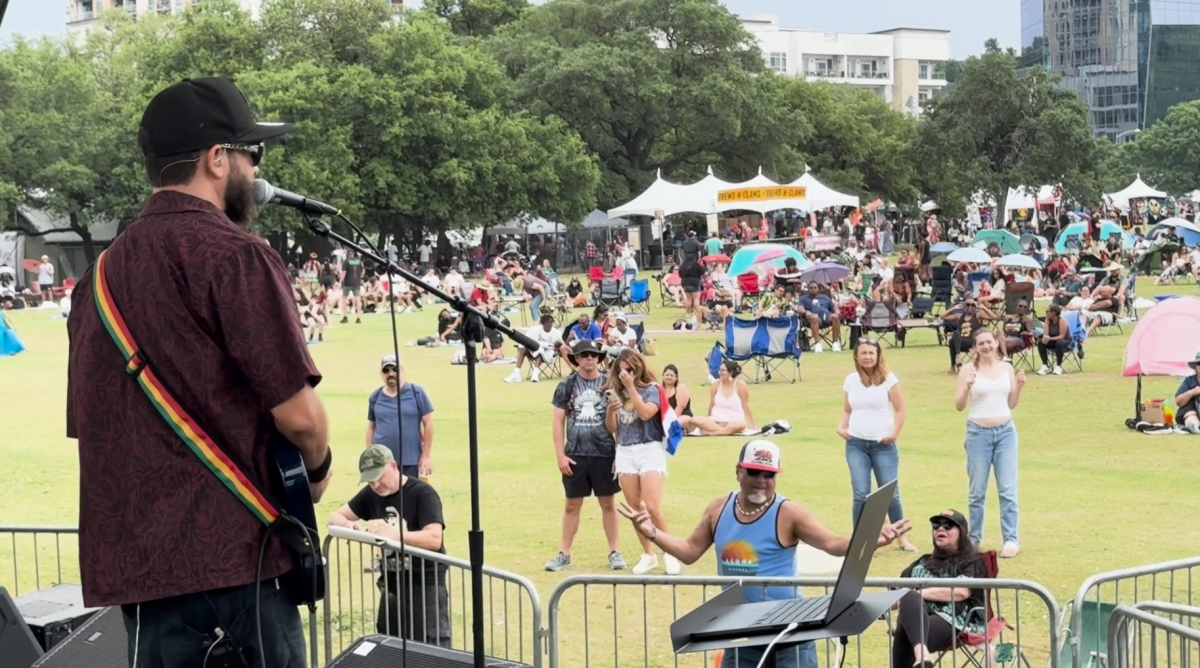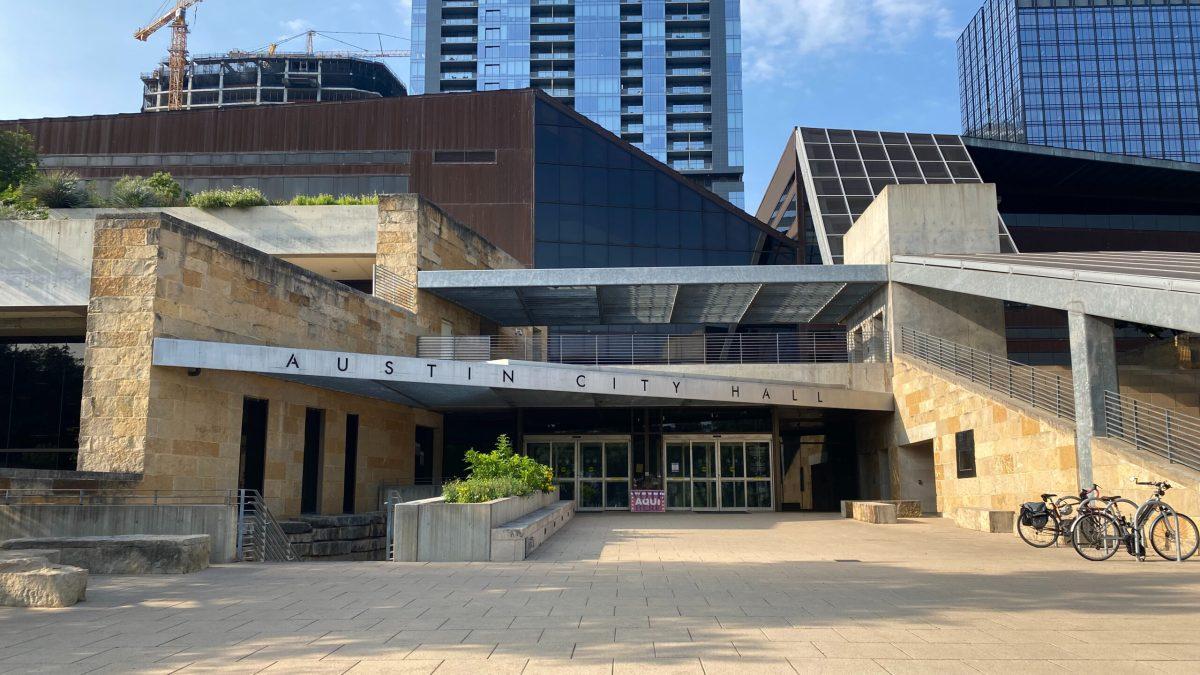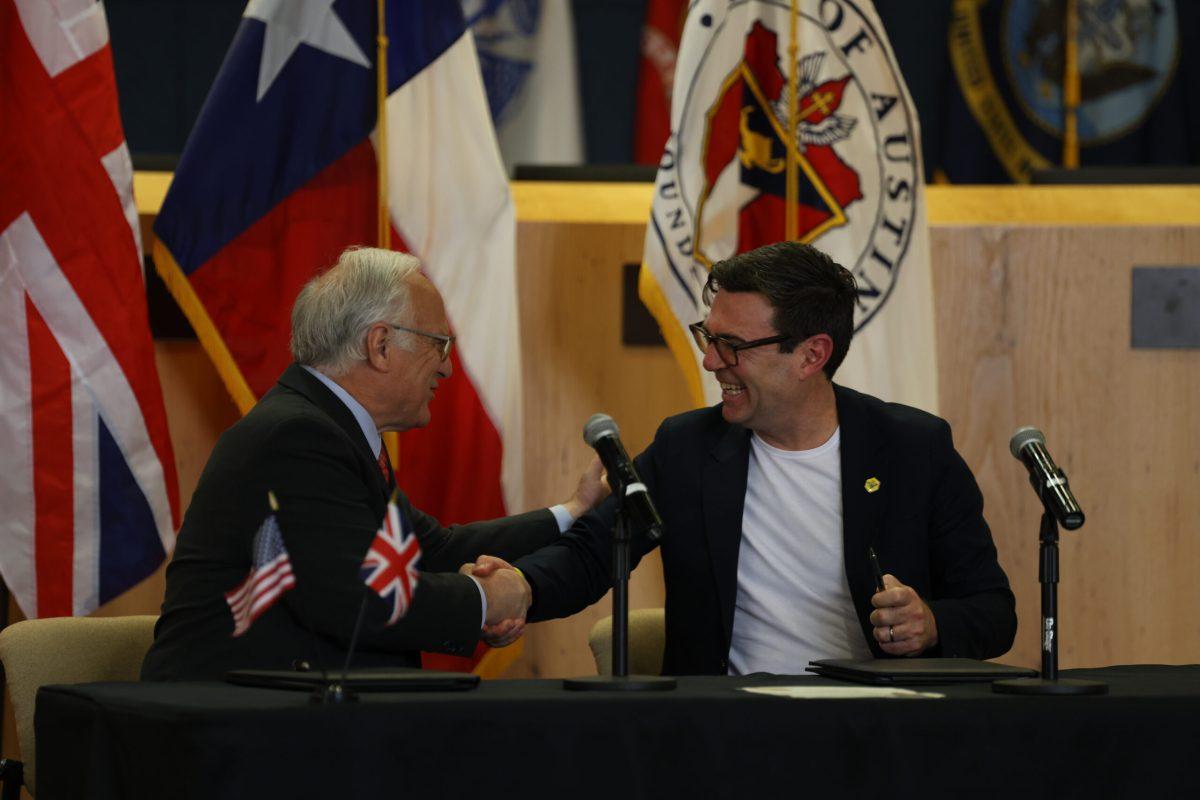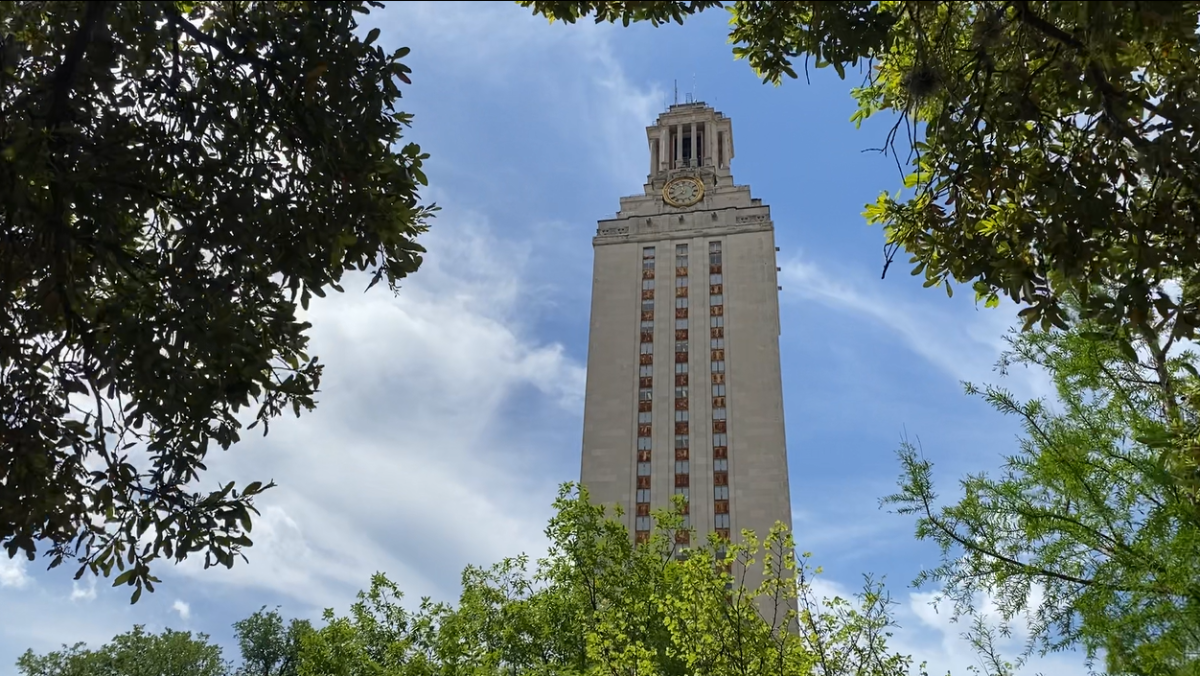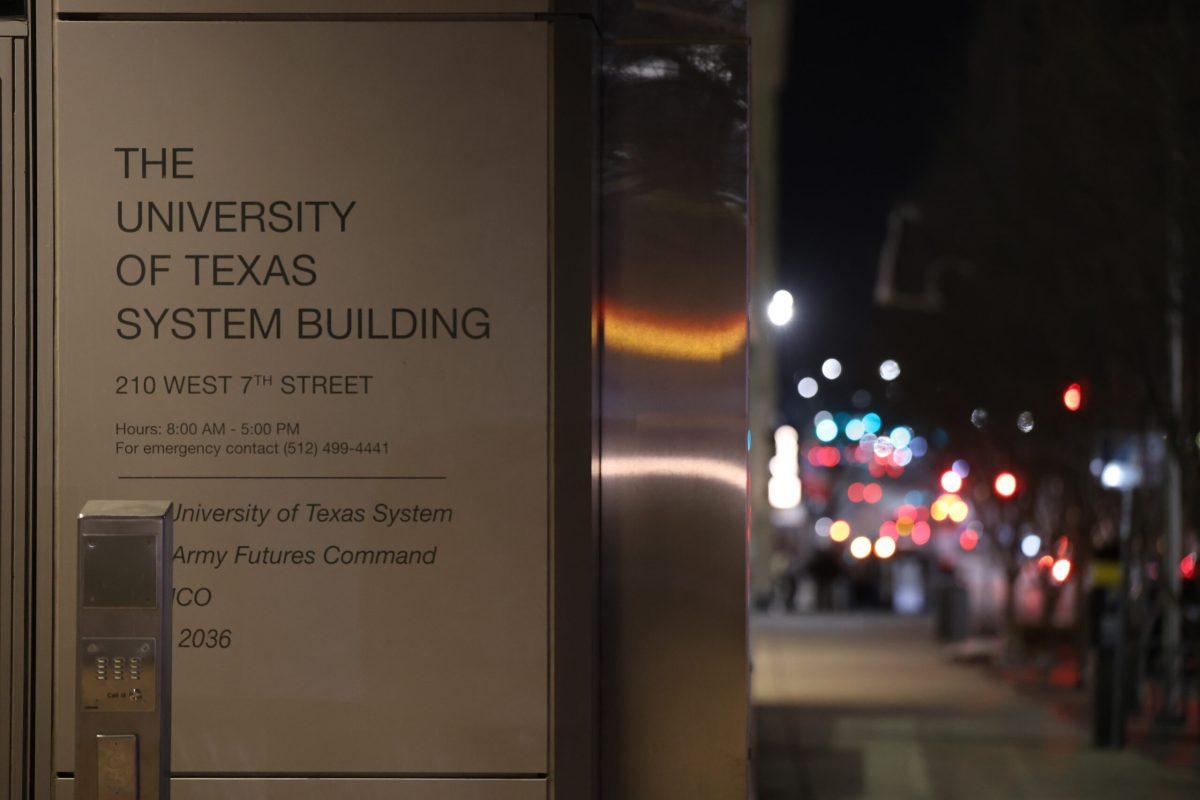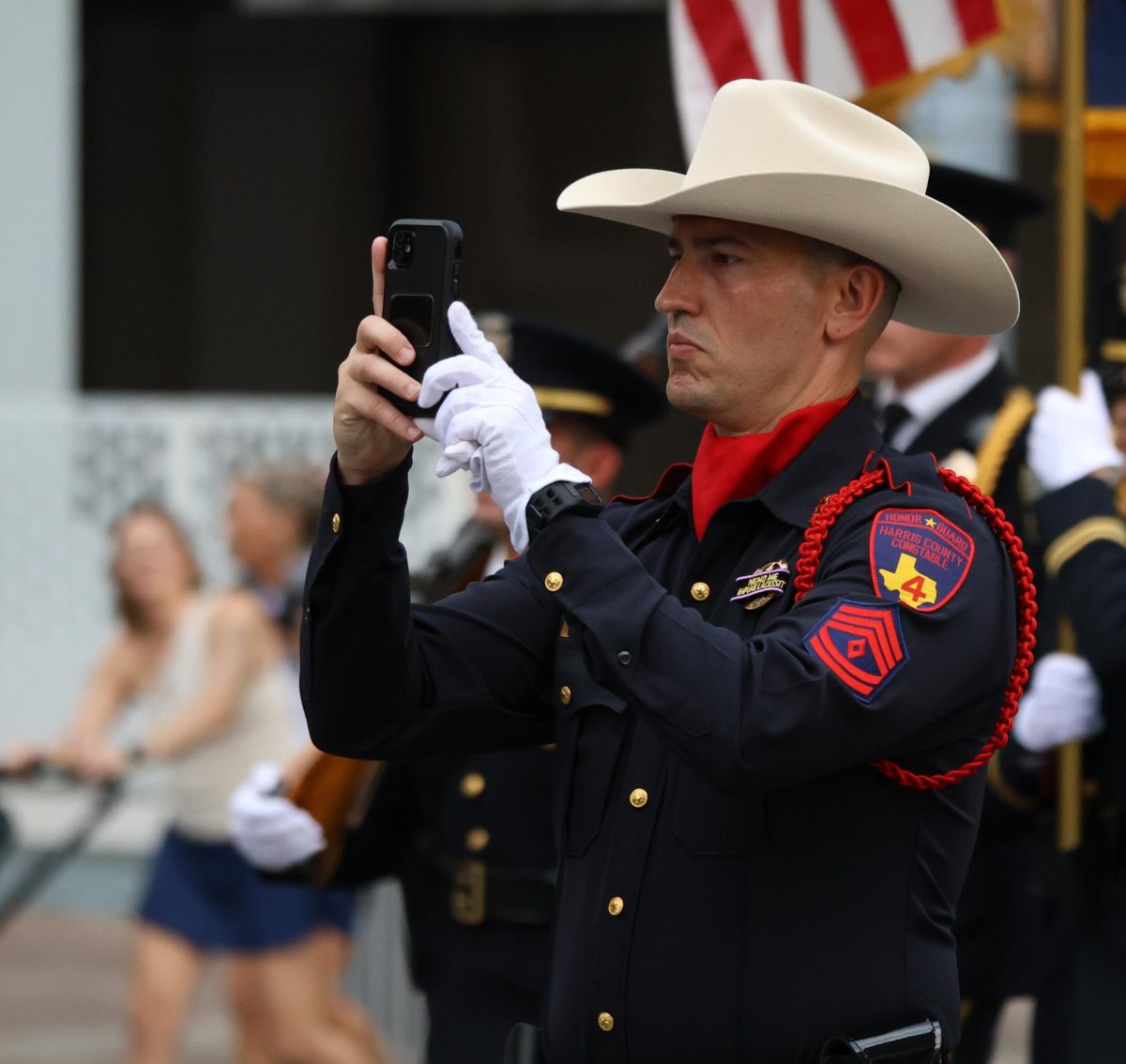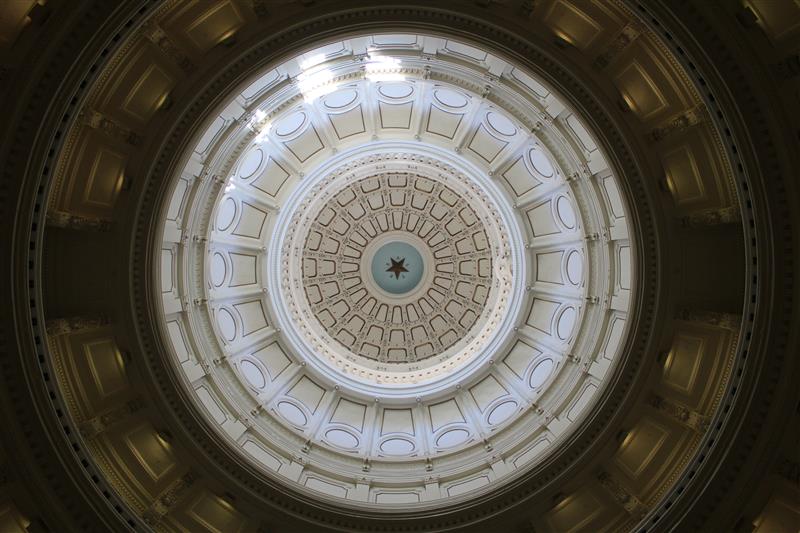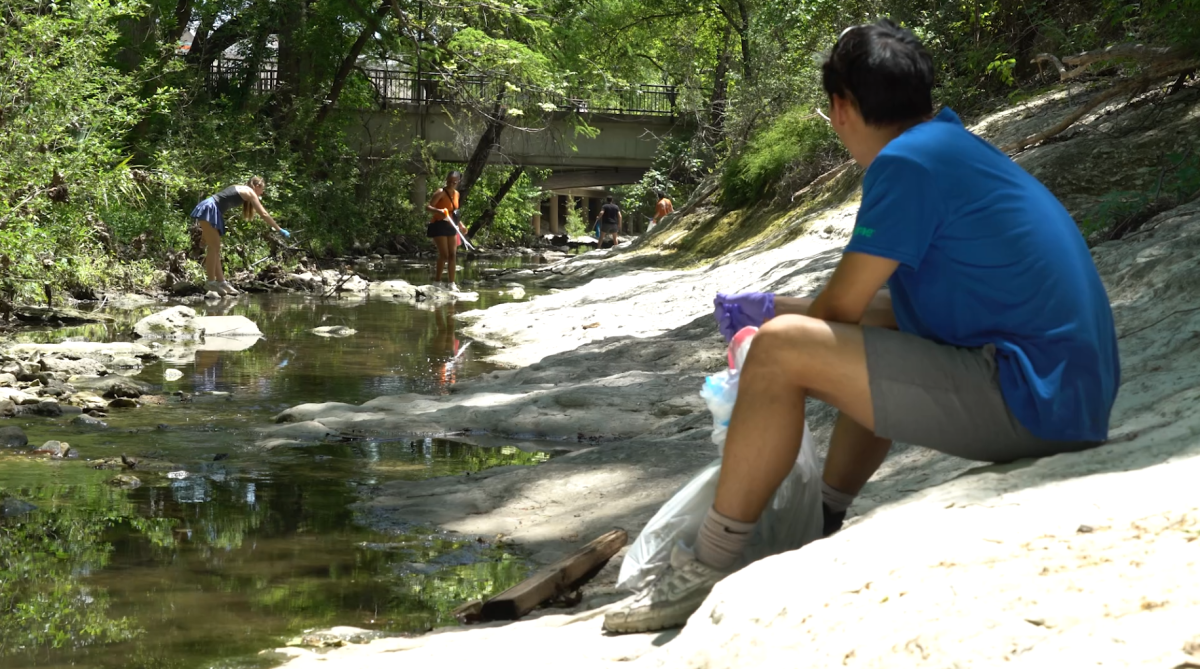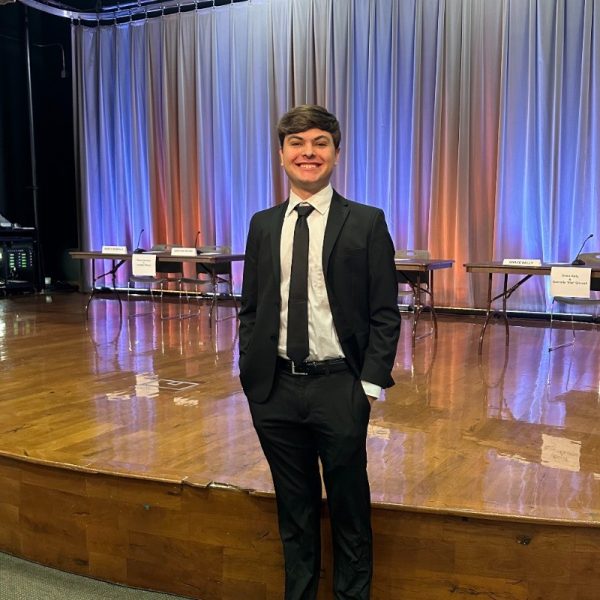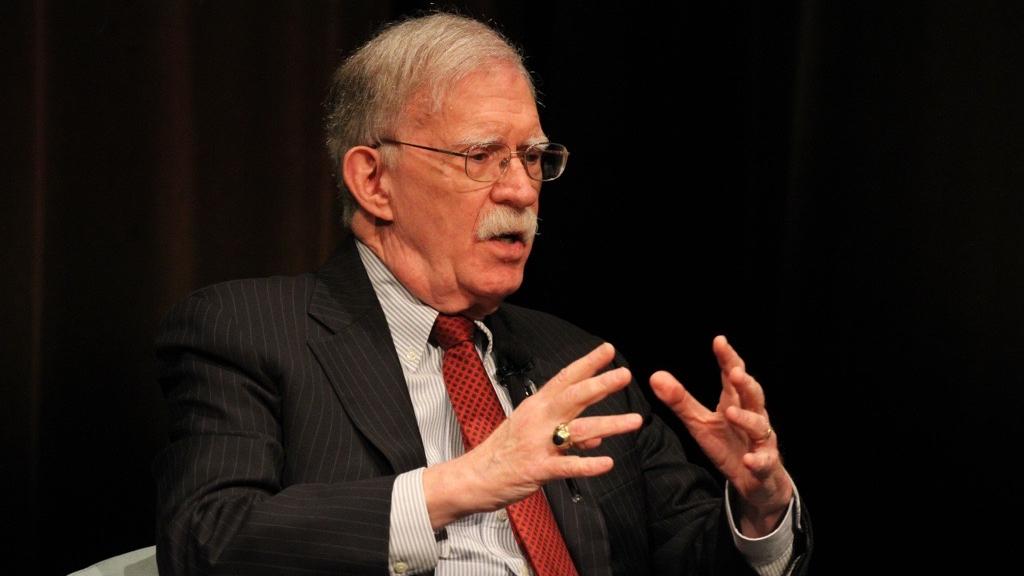
Former United States ambassador to the United Nations and former national security advisor John Bolton discussed foreign policy, his opinions on the 2024 election and his concerns for the future of the nation at The Texas Tribune Festival Saturday. Bolton was interviewed by The Dispatch senior writer David Drucker in the Stateside section of the Paramount Theatre.
Bolton placed a heavy emphasis on national security and foreign policy throughout the conversation, noting that they have largely taken a backseat in presidential campaigns. He said national security should be at the forefront of presidential campaigns considering the large percentage of time presidents spend responding to global threats and developments.
While domestic policy is important, Bolton said, the emphasis on national security in campaigns is not proportional to the amount of time it occupies in the president’s schedule.
When asked if he would vote for Vice President Kamala Harris in the 2024 election, Bolton said he would not and had planned to write in another candidate for president. Bolton did so previously in 2020, saying he voting for former Vice President Dick Cheney. He said he would no longer consider Cheney following the announcement by his daughter, former Wyoming Congresswoman Liz Cheney, the day before that her father would be voting for Harris in November.
In Bolton’s opinion, “neither of the candidates are fit” for office.
Bolton said Harris “blames America first” on a large swath of issues and is hesitant to place blame on foreign entities. He added that former President Donald Trump, whom Bolton served under as national security advisor from 2018-2019, lacks sufficient knowledge on global politics and threats to be fit for the presidency.
“Trump doesn’t understand what’s at stake for America,” Bolton said.
Bolton said he believes if given the opportunity, Trump would likely withdraw from the North Atlantic Treaty Organization, commonly referred to as NATO. He said that even if Trump remained in the alliance, he would only uphold Article V, which requires countries to defend each other in the event of an attack from an adversary, if certain countries were the ones requesting assistance, as opposed to every country in the alliance.
He also reminisced on the 2019 anniversary of the Tiananmen Square Massacre. Bolton said that Trump would not allow the release of a statement condemning the massacre for reasons unspecified, despite the precedent of the current administration releasing a statement every five years.
Beyond the election, Bolton identified Russia’s growing alliance with China as one of the central threats to democracy globally. He also addressed the invasion of Ukraine by Russia as an example of the growing threat he believes Russia and China as an alliance present. He said when combined with growing threats in the Indo-Pacific, namely defense of Taiwan and the Taiwan Strait, a global plan to respond to the alliance’s power is required, which Bolton said the U.S. doesn’t currently have.
His solution includes dedicating 5-6% of America’s GDP to defense spending. Currently, the U.S. spends roughly 3-4% of its GDP on defense, which is more than the next nine countries combined. He also recommends a decrease in domestic spending accompany the growth in defense spending so as not to increase the national deficit.
The interview also covered the Israel-Hamas War. Bolton largely blamed Iran for the conflict’s persistence.
“(First), I’d fire the national security team,” Bolton said. “(Then, I’d) realize Iran is mobilizing groups against Israel. … The trouble is in Tehran.”
Bolton reinforced his view that “the overthrow of the Ayatollahs should be American Policy.”
“I think we could destroy (Iran’s) nuclear program very easily … militarily,” Bolton said.
Bolton also said he views Hamas as a group that does not abide by “Western approaches” to war.
“(My advice to the Israeli Defense Force is to) crush Hamas … these people are barbarians,” Bolton said. “For the last 100 years, the West has tried to derive war with the principle objective of separating civilians from (militants).”
Bolton addressed various other conflicts and developments around the globe, denying the assertion that neo-Nazis are returning in Germany in response to the country’s recent election, where far-right candidates won their first state parliament election since World War II.

